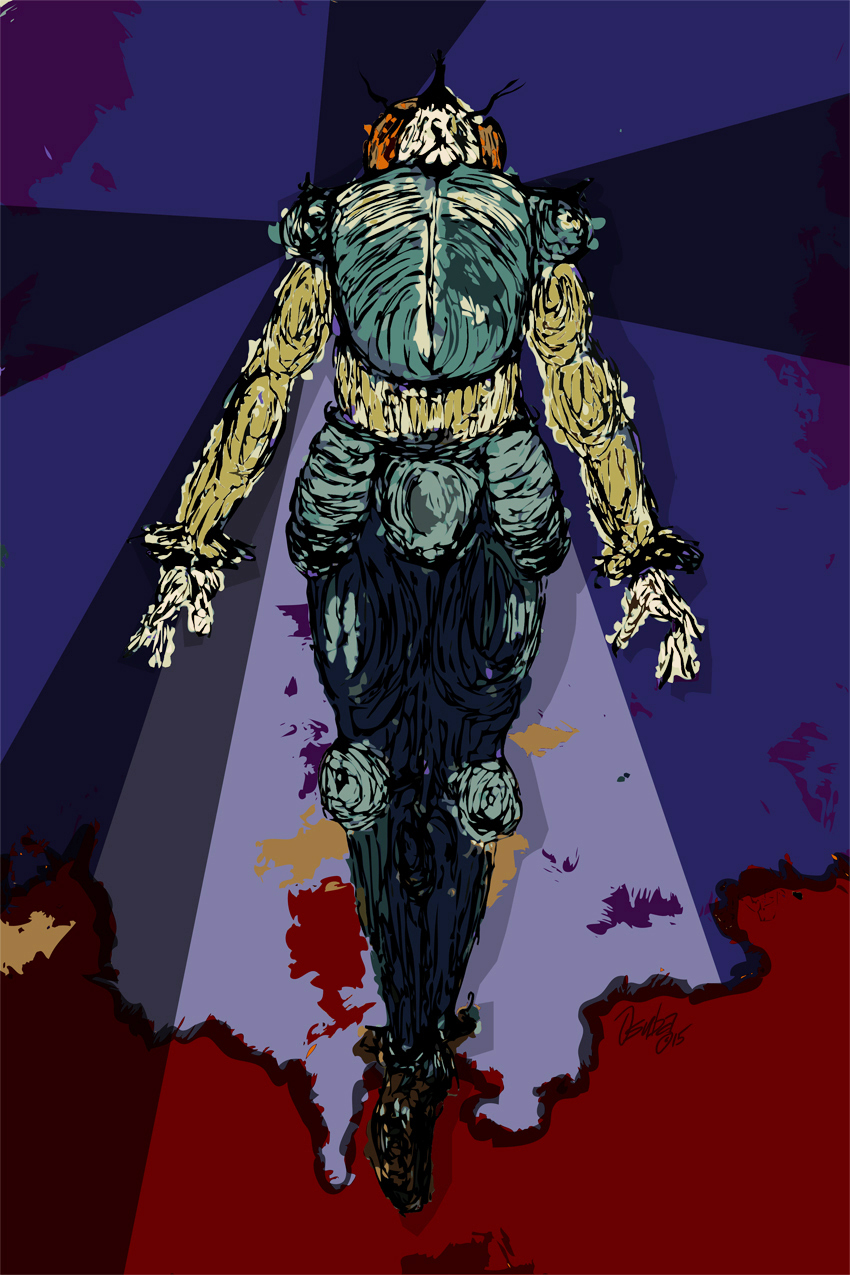
Does preserving one’s stories and culture still matter?
The way of life, the traditions and the expressions of a society determine its culture. Culture is not only the accumulation of our customs, norms and traditions, but also the creativity and inventiveness by which we define and develop our humanity. If a culture is to survive, the society wherein it finds expression must work hard to maintain its identity. This becomes even more important when living in such a diverse country as the United States where cultures and histories often blend and transform into something new. The United States is a wonderful experiment that continues to change and morph in ways that highlights the many cultures and influences that have always been at the core of its existence.
At the intersection of differing customs, codes, norms, traditions, visions, and values is a dynamic place full of complexity, opportunity, challenge, and, at times, frustration.
There is a lot of noise and fear in this country at present.
That is to be expected when things change, and many things have and will continue to change. Our world is getting smaller; our communities look, feel, sound, and work differently. At such a time it is easy to feel disoriented and lose your sense of identity and purpose.
The arts and humanities play a crucial role in telling the many stories that need to be told and preserved. Unfortunately, I fear we are forfeiting our sense of creativity and becoming culturally bankrupt. At the same time that technologies are connecting the globe in ways unimaginable a generation ago, we have become disconnected from ourselves, our stories, our languages, and our histories.
It is sad to see the very things that celebrate and preserve our essence and identity—music, dance, literature, art—disregarded by so many. As an advocate for the arts and humanities here in North Carolina through Artist Studio Project and The El Quixote Festival, we try to provide platforms for expression, learning, creating, and engagement, as well as opportunities to share the stories that would otherwise go untold. We collaborate with others in order to create experiences for our North Carolina community that allow us to learn more about each other; those of us that have been here for decades as well as those who are still unpacking moving boxes. In my view, it is the telling and hearing of stories that empowers us to meet the challenges that all of us face each day.
As someone fighting to preserve and tell these important and still relevant stories, it concerns me that although we create and produce high quality events and programming that are accessible to all, too often attendance is very low. I was told recently that events that are free and open to the general public have no value. While I am saddened by this perspective, I take heart because I know it is not true.
I can list all of the internationally recognized authors, actors, performers, musicians, directors, and artists that we have featured as well as a long and impressive list of co-sponsors and collaborators, but I don’t know if it will make any difference. In the end, each of us decides if culture is worthy of preservation or not; it is up to us to determine whether we want our children to know these same stories and histories and eventually they may add a chapter of their own.
Ever the optimist I will continue to dream big, I hope you will join us as we celebrate another year of artistic excellence in North Carolina. We will continue to advocate for the arts and humanities and to provide spaces for our cultures to be shared.
“If thou are not versed in the business of adventure… get thee aside and pray… whilst I engage these giants in combat…” (Miguel de Cervantes Saavedra)
Rafael A. Osuba
I am Quixote!
You can find out more about our 4th Annual El Quixote Festival here: https://iamquixote.com/year-category/fourth-annual-jose-marti/


